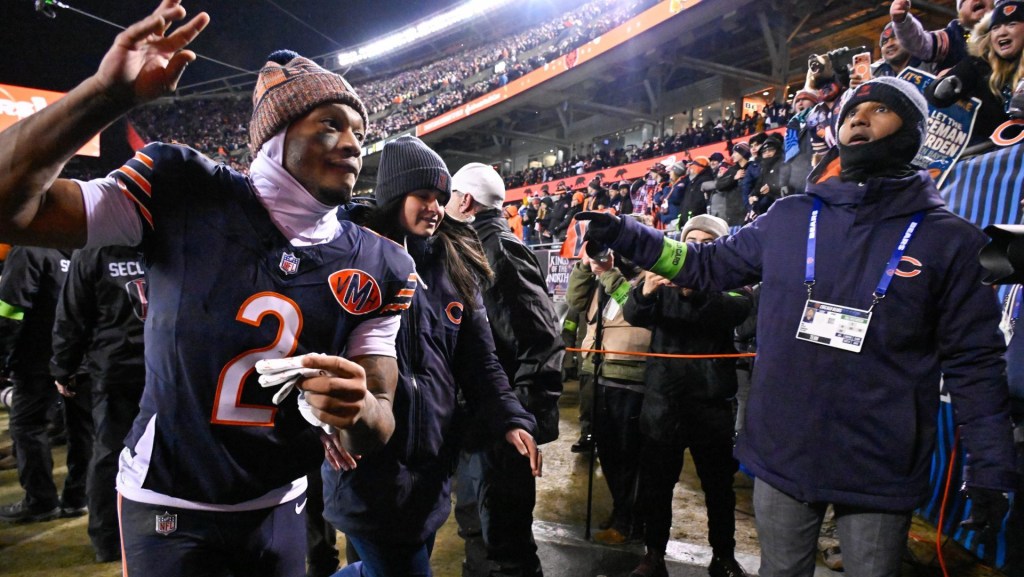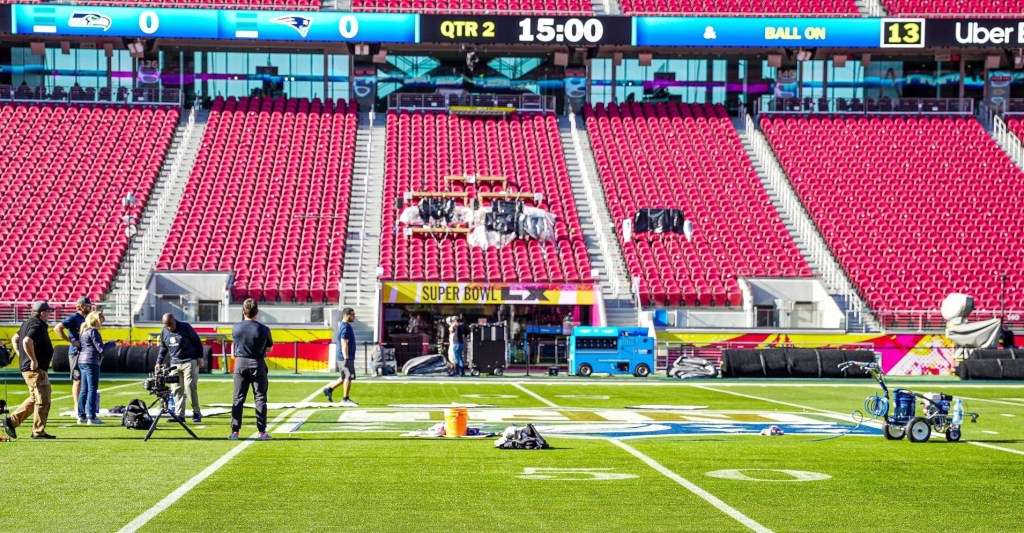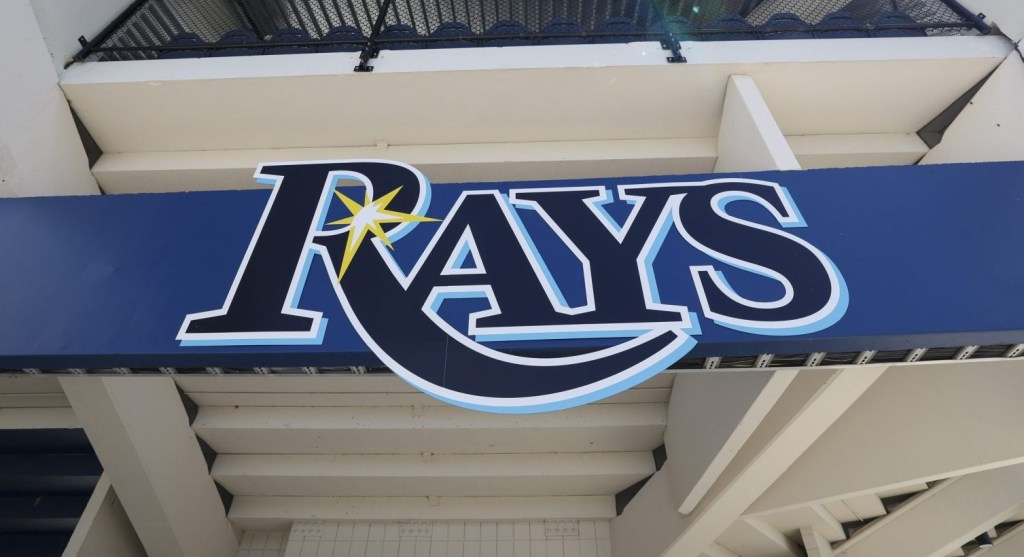Bears president Kevin Warren could hardly have been more clear about the team’s intent to build a stadium on Chicago’s lakefront, especially following last week’s formal unveiling of a $4.7 billion plan for a domed stadium next to Soldier Field. But to officials in Arlington Heights, Ill., where the Bears still own 326 acres, the team is saying there’s still a chance for them.
Even after the team’s presentation and Warren’s insistence that the Bears’ “focus is on the museum campus,” Arlington Heights mayor Tom Hayes believes there could be an opening to reengage with the NFL team.
“It was never a done deal in Arlington Heights. I don’t think it’s anything close to a done deal in the city of Chicago,” Hayes told Pioneer Press. “And so we are ready, willing, and able to continue our discussion with them if they get a ‘no’ on the lakefront.”
Of course, Hayes himself knows the particular fluidity of the Bears’ facility situation all too well. A year ago, the Bears were thought to be a lock to be headed to Arlington Heights, where the team was set to build a $5 billion stadium and mixed-use development. But following a tax dispute, the Bears conducted an extensive tour of stadium site options across the Chicago area, before ultimately opting for the the most minimal move possible, short of just staying at Soldier Field.
Even if the Bears never engage with Arlington Heights, there is still the question of what will be done with the land. The team is the municipality’s single-largest landowner.
“It’s a once-in-a-lifetime opportunity for a new developer or multiple developers, and so I would like to see some kind of unified development,” Hayes said.
Local Politics
Chicago mayor Brandon Johnson, a staunch advocate for the downtown stadium proposal, is continuing to face local criticism about a perceived contradiction between the Bears stadium project that will rely heavily on public-sector funding and Johnson’s own progressive agenda.
Questioned on NBC Sports Chicago, Johnson insisted the “project is aligned with my vision for the people of Chicago.
“Having the opportunity to stand with billionaires, you could not have convinced me a decade ago that I would have the opportunity to do that,” Johnson said. “The fact that a middle child, 10 siblings, from a working-class family is in a position to speak to the interest of everyday Chicagoans and challenge billionaires to put skin in the game—that’s what I promised that I would make happen.”



![[Subscription Customers Only] Jul 13, 2025; East Rutherford, New Jersey, USA; Chelsea FC midfielder Cole Palmer (10) celebrates winning the final of the 2025 FIFA Club World Cup at MetLife Stadium](https://frontofficesports.com/wp-content/uploads/2026/02/USATSI_26636703-scaled-e1770932227605.jpg?quality=100&w=1024)













